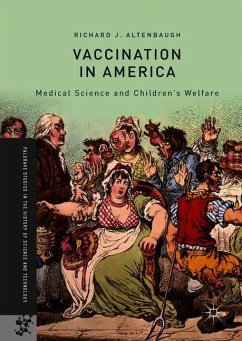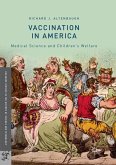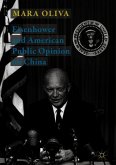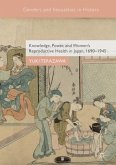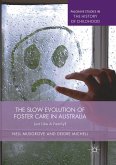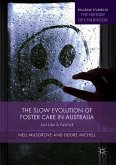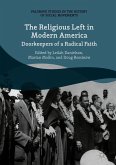The success of the polio vaccine was a remarkable breakthrough for medical science, effectively eradicating a dreaded childhood disease. It was also the largest medical experiment to use American schoolchildren. Richard J. Altenbaugh examines an uneasy conundrum in the history of vaccination: even as vaccines greatly mitigate the harm that infectious disease causes children, the process of developing these vaccines put children at great risk as research subjects. In the first half of the twentieth century, in the face of widespread resistance to vaccines, public health officials gradually medicalized American culture through mass media, public health campaigns, and the public education system. Schools supplied tens of thousands of young human subjects to researchers, school buildings became the main dispensaries of the polio antigen, and the mass immunization campaign that followed changed American public health policy in profound ways. Tapping links between bioethics, education,public health, and medical research, this book raises fundamental questions about child welfare and the tension between private and public responsibility that still fuel anxieties around vaccination today.
"This could be a book for parents whose children would be vaccinated. ... More widely, it is a book for practitioners who have to cope with parental refusal of vaccination, historians of social medicine and, possibly, students of the history of medicine thanks to its interdisciplinary approach combining bioethics, education, research, and public health policies." (Alain Touwaide, Doody's Book Reviews, May 31, 2019)

